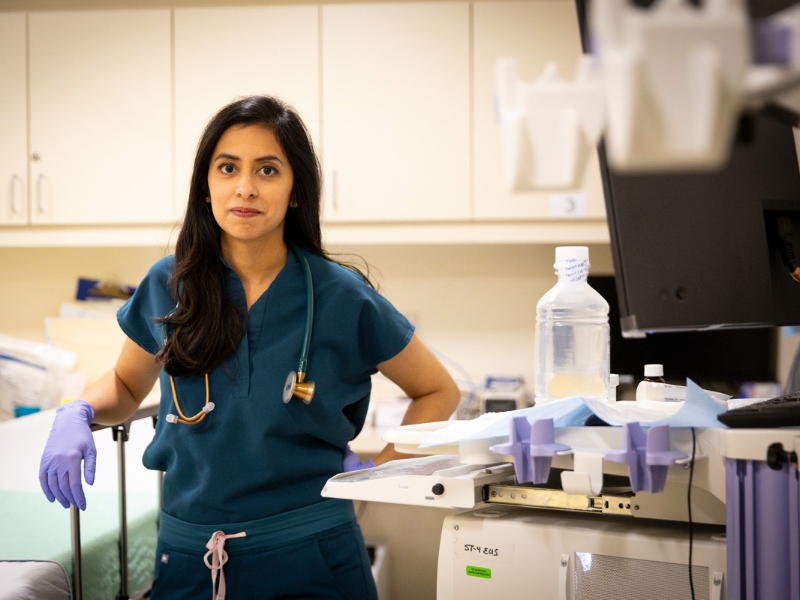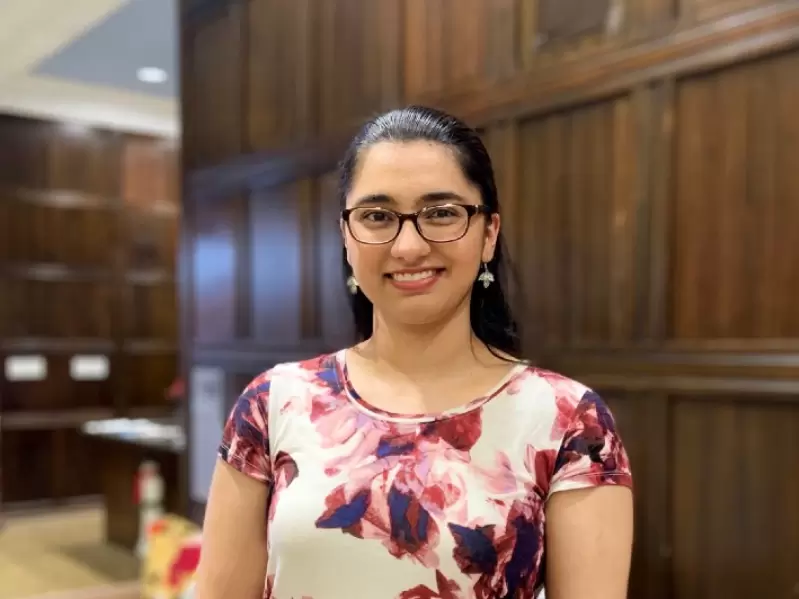Indian origin doctor links smartphone use on toilets to higher hemorrhoid risk
Gastroenterologist Trisha Pasricha surveyed participants on toilet habits, smartphone use, diet, and activity levels, and the responses were compared with direct colonoscopy findings.
 Trisha Pasricha / File photo by Niles Singer/Harvard Staff Photographer
Trisha Pasricha / File photo by Niles Singer/Harvard Staff Photographer
Trisha Pasricha, an Indian origin physician-investigator at Beth Israel Deaconess Medical Center, has linked smartphone use in bathrooms to a higher likelihood of hemorrhoids. She discussed the findings with the Harvard Gazette after her team published results in PLOS One on Sept. 4.
The study examined 125 adults undergoing routine colonoscopies. Participants were surveyed on toilet habits, smartphone use, diet, and activity levels, and the responses were compared with direct colonoscopy findings.
- The results revealed some surprising patterns:
- Two-thirds of participants admitted to using their phones on the toilet.
- Smartphone use on the toilet was associated with a 46 percent increased risk of having hemorrhoids.
- Phone users were five times more likely to sit for more than five minutes per trip.
- Younger adults were especially prone to the habit.
- Smartphone users reported less weekly exercise than non-users.
Pasricha told the Harvard Gazette that the findings update an earlier 1989 study in The Lancet that linked hemorrhoids to reading newspapers on the toilet. “Now in 2025, I don’t think anyone’s reading the newspaper, but we know everybody’s on their phones in the bathroom. So I thought we needed to update this literature for the modern TikTok era,” she said.
She explained that phones may extend bathroom time without users realizing it. “Smartphone users were five times more likely to spend more than five minutes on the toilet compared to non-users. So clearly, people are spending more time — but only half of them recognize that their phone is the reason,” she told the Gazette.
Pasricha also noted possible sex differences. “We stratified our data by sex and you can see there’s a trend that men are spending more time on the toilet,” she said, though the study was not large enough to confirm the divide statistically.
She emphasized the importance of speaking openly about gut health. “If we can’t bring ourselves to even talk about it, we can’t get help and physicians can’t help our patients,” Pasricha told the Gazette.
ADVERTISEMENT
ADVERTISEMENT
E Paper
Video




 Pranavi Sharma
Pranavi Sharma













Comments
Start the conversation
Become a member of New India Abroad to start commenting.
Sign Up Now
Already have an account? Login